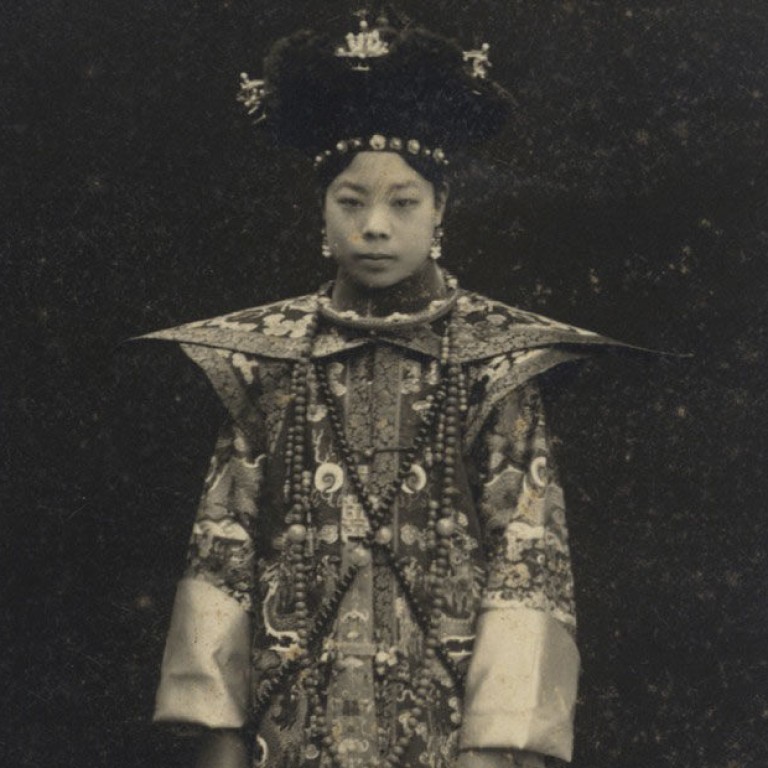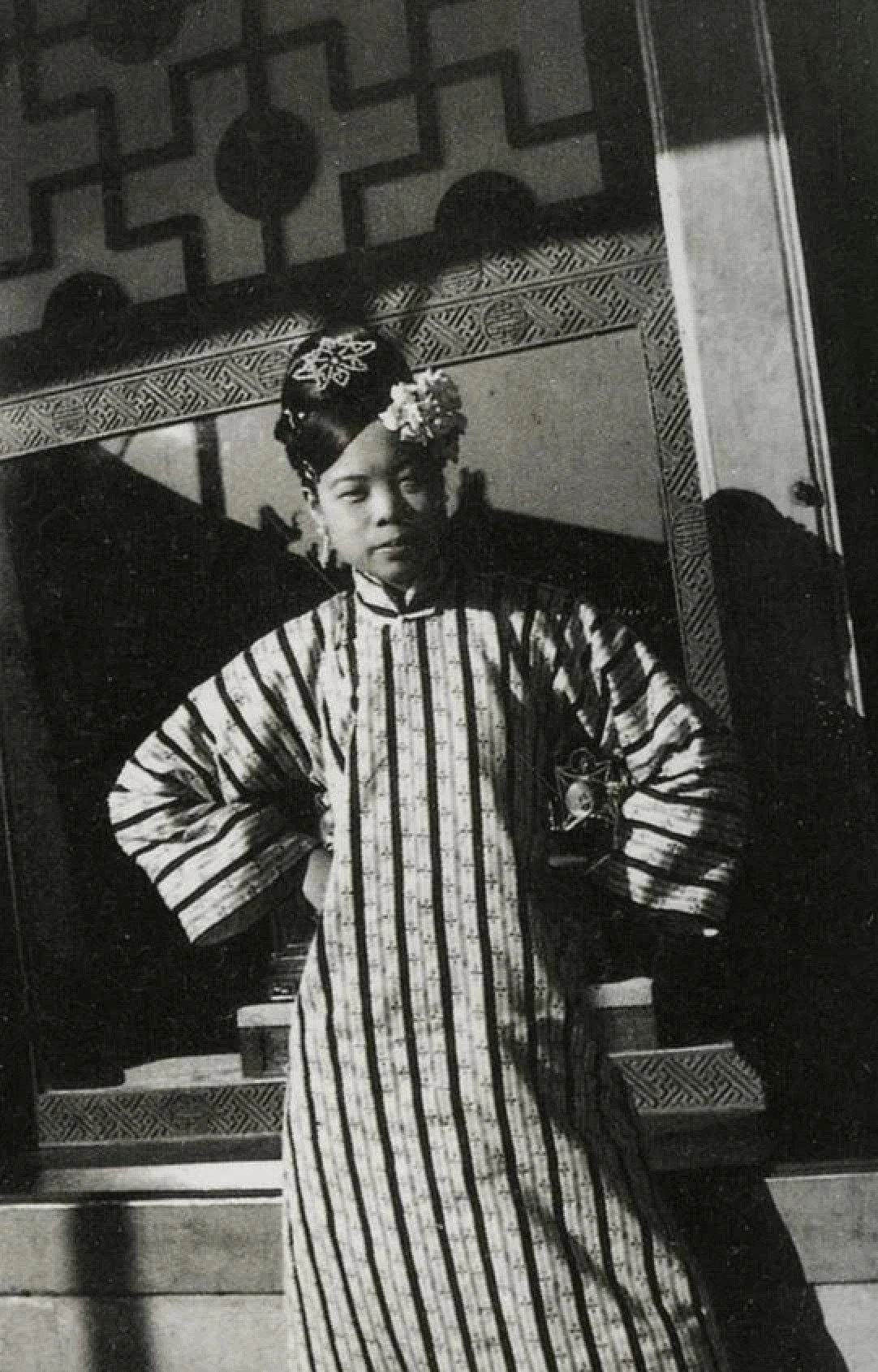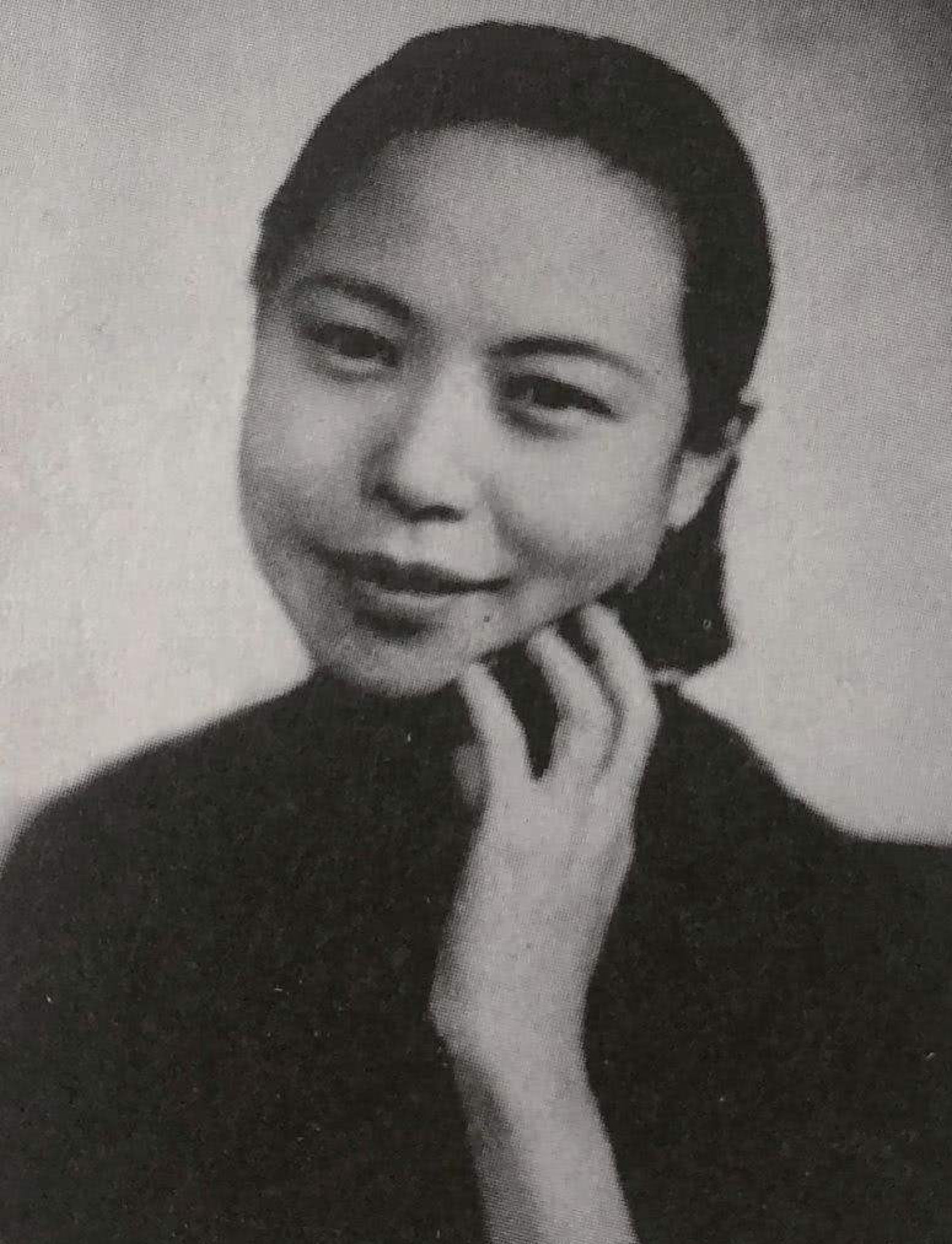
She divorced China’s last emperor and died a pauper: the story of Wenxiu, unloved wife who became a teacher and an editor
- The 1987 film The Last Emperor sees Wenxiu, Aisin Gioro Puyi’s secondary wife, walk off into the rain, never to be seen again. What happened to her after that?
- The scorned consort of the last representative of Chinese royalty became a teacher, sold cigarettes on the street, died and was buried in a pauper’s grave
Watching The Last Emperor again was an uncomfortable experience. This confection of a film about China’s last hereditary ruler is served in grand, Hollywood style, with an overwhelming attention to ahistorical detail, fistfuls of exotic, orientalist spice and a generous helping of stomach-churning white saviour complex.
Whatever happened to her after that? Who was she really? I asked myself as I watched, in between bouts of embarrassment (I had even bought the movie soundtrack on cassette tape!)

Erdet Wenxiu (1909-1953) was born into an illustrious Mongol family whose fortunes were in decline. She was a fine student at school, but she was chosen as Puyi’s secondary wife just before she turned 13, and conferred the title Pure Consort (shufei), ranked just below Puyi’s principal wife, Empress Gobulo Wanrong.
Despite the imperial pretensions, such designations as “Pure Consort”, “Empress” and even “Emperor” were only courtesy titles, valueless trinkets that mattered only to people who clung on to them. When Wenxiu and Wanrong married Puyi, China had been a republic for almost a decade.
The first portrait of China’s feared empress dowager was by … an American?
Puyi preferred the company of the more attractive Wanrong, and Wenxiu often spent entire days on her own, either reading, studying or teaching her palace maids to read and write.
Wenxiu’s situation remained unchanged after the former imperial family was forced to vacate the Forbidden City in 1924. In their rented villa in Tianjin, Puyi and Wanrong lived in style on the first floor, while she had to share the ground floor with the servants.

In August 1931, Wenxiu had had enough, and walked out of her home. Through her lawyers, she served divorce papers to Puyi. Following weeks of cajoling, pleas and threats, Puyi agreed to a divorce, which was finalised in October.
After her divorce, Wenxiu changed her name and attempted to get on with her life. She became a teacher of Chinese language and traditional Chinese painting at a school in Beijing, but she was soon outed as the former Pure Consort, which attracted crowds and reporters to the school. She had to resign.
She changed residences several times because people would always find out who she was. Her money eventually ran out, and to survive, she even sold cigarettes on the streets. Even then, the reporters wouldn’t leave her alone.

In 1947, she found employment as a copy editor with the Chinese-language North China Daily newspaper. Soon after that, she married a businessman, a cousin of the newspaper’s publisher, and became a homemaker.
On September 17, 1953, Wenxiu, 44, died of a heart attack at home. Her husband’s colleagues fashioned a crude casket out of wood, and buried the former Pure Consort of the last Emperor of China in a pauper’s grave a few kilometres north of the Forbidden City.

